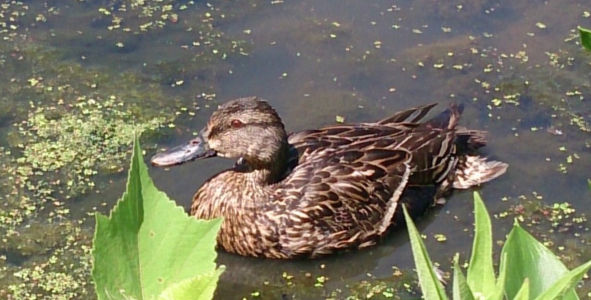
People may wonder if the emergence of the novel coronavirus SARS-CoV-2, which causes COVID-19 in humans, has any relation to climate change.
There doesn’t seem to be any direct evidence of this in the current pandemic. But there do appear to be links in circumstances.
In an April 15, 2020 article in the Washington Post, writer Sarah Kaplan notes, “Climate change is frequently described as a threat multiplier, something that exacerbates existing problems and creates new ones. No aspect of life on this planet has been untouched by climate change — viruses included.”
Some viruses and diseases that cause human pandemics can come from other species. They’re referred to as zoonoses.
Kaplan quotes Dave O’Connor, a virologist at the University of Wisconsin at Madison. “Human incursions into animal habitats — chopping down forests to build farms, venturing into parks to poach — bring us into increasing contact with animals and make us more likely to pick up their diseases. The shortage of places where animals can live also brings them into increasing contact with one another.”
Kaplan continues to explain that climate change, “shrinks some animal populations, depriving them of the genetic diversity needed to control disease. It forces others to migrate, producing new kinds of animal-to-animal and animal-to-human interactions. Studies have linked outbreaks of several zoonotic diseases to extreme weather events such as droughts and floods that are expected to become more common as the planet warms.”
James Kingsland, writing in “Medical News Today” on April 3, 2020, references a “study published in “Nature,” [that indicates] degraded habitats harbor more of the viruses that can infect humans. This may be because biodiversity loss “amplifies” viral infections in the remaining species.” And Kingsland continues that, “the leaps of these viruses between species can create new diseases to which humans have little immunity.”
Life on earth is interconnected in so many ways. Many ancient societies understood this. Today, we’re re-learning those lessons in more detail – thanks to science. But when we continue to allow the destruction of ecosystems, there can be unintended consequences. This is just one more reason for us all to do what we can to be good stewards for our local wildlife and their habitats.
Written by Susan Reel-Panish, FCW Board Member
